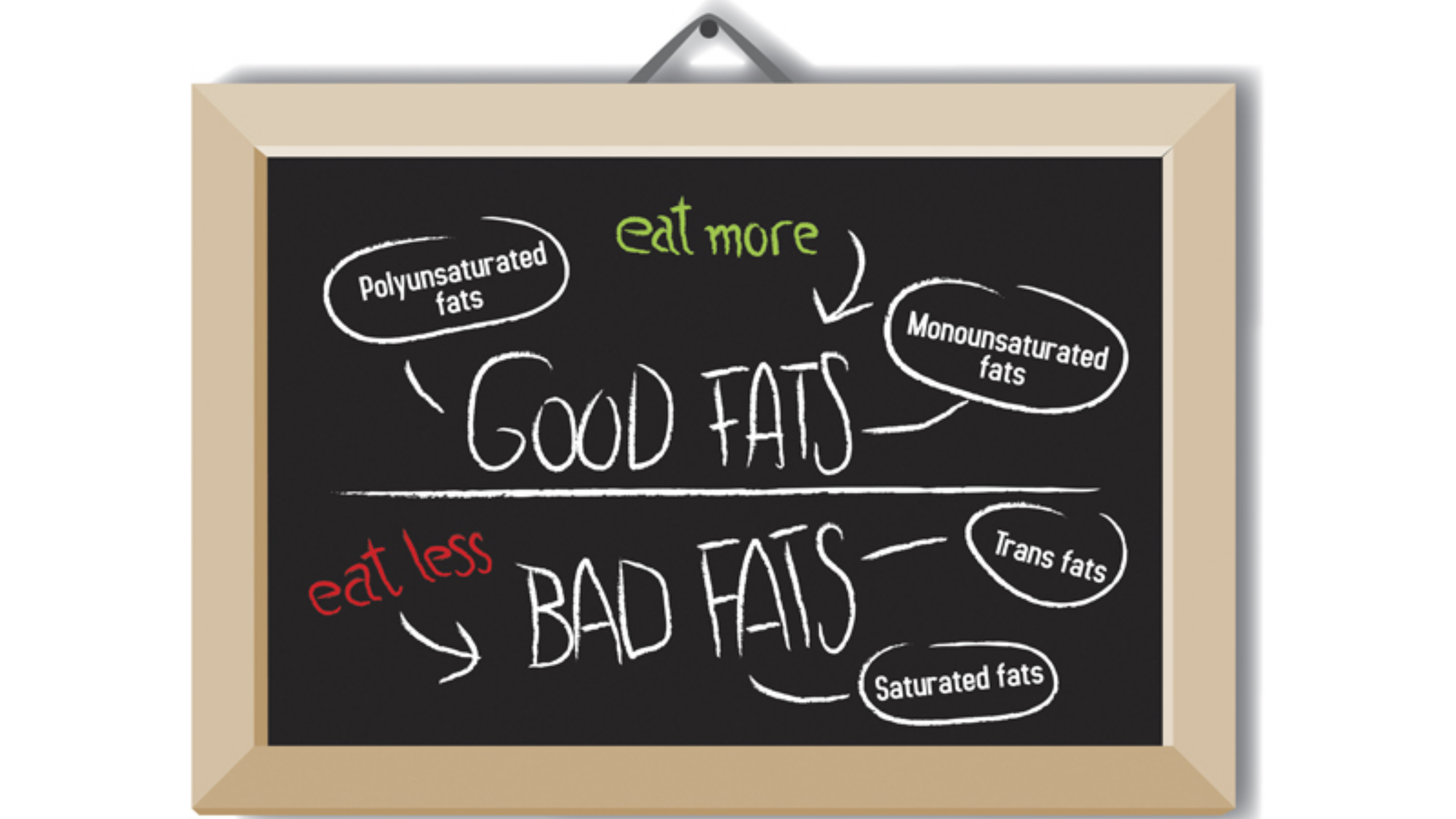In today’s world, dietary advice seems to be everywhere. We’re constantly told to avoid unhealthy fats and sweets. But when it comes to eating for optimal health, the truth is not all fats are created equal. In fact, the right fats can boost your health, enhance your performance in workouts, and help you maintain a balanced diet. Let’s dive deeper into the importance of fats and how to incorporate healthy fats into your lifestyle.
Why Are Fats Important for College Students?
Fats are essential macronutrients that play several critical roles in your body. They are a dense energy source, helping to fuel your activities, especially when you engage in long or intense exercise. Initially, your body uses carbohydrates for quick energy, but after about 20 minutes of exercise, fats become your body’s primary fuel source. In addition, fats are necessary for the absorption of fat-soluble vitamins like vitamin A, D, E, and K—nutrients that are vital for bone health, immune function, and skin health. For students, this means that maintaining a healthy level of fats in your diet ensures you’re supporting both brain function and overall physical health.
Moreover, fats are important for brain health, especially omega-3 fatty acids, which aid in brain development, cognitive function, and emotional well-being. Omega-3s help in reducing inflammation and can even play a role in improving your mood and fighting off mental health challenges such as stress and anxiety, which college students often face.
What Are the Different Types of Fats?
Fats are divided into three main categories: unsaturated, saturated, and trans fats.
Unsaturated Fats: These are the “good” fats. They help lower cholesterol levels, reduce inflammation, and provide essential fatty acids that your body needs but cannot produce on its own. Unsaturated fats are found in plant-based oils, nuts, seeds, and fatty fish.
Saturated Fats: These fats are generally considered less healthy, as they can raise cholesterol levels and increase the risk of heart disease. Saturated fats are found in animal products like fatty cuts of meat, butter, and dairy.
Trans Fats: Often found in processed foods, trans fats are the worst type of fat to consume. They are linked to numerous health problems, including heart disease, diabetes, and obesity. These fats are found in partially hydrogenated oils and processed snacks.
Understanding the differences between these types of fats and making mindful food choices is key to promoting good health, especially during your college years when stress, lack of sleep, and poor diet choices can often take a toll on your well-being.
Healthy Sources of Fats for College Students
Avocados
Avocados are a powerhouse of healthy fats, containing more than 70% fat by calories, which is even higher than some animal-based sources of fat. They’re rich in monounsaturated fats, particularly oleic acid, which is linked to reduced inflammation and improved heart health. Moreover, avocados are packed with potassium, which is crucial for maintaining electrolyte balance and preventing muscle cramps—something every college student who works out should keep in mind. Avocados also help in reducing belly fat and lowering cholesterol, making them an excellent addition to a student’s diet. You can enjoy them in salads, smoothies, or simply with a sprinkle of salt and pepper.
Dark Chocolate
Great news for chocolate lovers! Dark chocolate, especially varieties with at least 70% cocoa, is a healthy fat source packed with antioxidants and nutrients. It’s not just good for your taste buds, but also great for your heart. Studies suggest that dark chocolate can lower blood pressure, improve blood flow to the brain, and even enhance cognitive function. Furthermore, dark chocolate has fiber and is a great source of magnesium, which helps in reducing muscle cramps and improving sleep—critical for students managing exams and late-night study sessions.
Eggs
Eggs have been wrongly demonized for years, particularly due to concerns about cholesterol. However, research now confirms that the cholesterol found in egg yolks doesn’t significantly raise blood cholesterol for most people. Eggs are a nutrient-dense food, providing protein, vitamins, minerals, and healthy fats. They also contain omega-3 fatty acids, especially if you choose omega-3 enriched or pasture-raised eggs. These healthy fats can improve brain function, reduce inflammation, and help with muscle recovery. Eggs are a convenient and versatile addition to any student’s meal plan.
Nuts and Seeds
Nuts like almonds, walnuts, and pistachios, as well as seeds such as chia, flax, and sunflower, are excellent sources of healthy fats. These foods are packed with omega-3 fatty acids, which support brain health and cardiovascular health. They’re also great for weight management since the fiber and healthy fats in nuts and seeds help you feel fuller longer. They make for a perfect snack between classes or a topping for yogurt and salads.
Fatty Fish
Fatty fish such as salmon, mackerel, sardines, and trout are some of the best sources of omega-3 fatty acids, which are essential for brain function and reducing inflammation in the body. Omega-3s have been shown to improve cognitive performance, which is particularly beneficial for students who need to stay sharp during exams and long study sessions. Additionally, regular consumption of fatty fish is linked to lower risks of heart disease, improved mental health, and better sleep quality.
Olive Oil
Olive oil is an excellent source of monounsaturated fats, which are great for your heart and overall health. Olive oil is full of antioxidants that fight oxidative stress, a contributing factor to several chronic diseases. You can use olive oil in cooking or drizzled over salads, as a healthy alternative to other oils. It’s one of the staple fats in the Mediterranean diet, which is known for its health benefits, including improved longevity and reduced inflammation.
Why Add Healthy Fats to Your Diet?
For college students, maintaining a balanced diet is key to sustaining energy levels, cognitive function, and overall well-being. Healthy fats are an important part of this balance. They support everything from cognitive health and mood regulation to cardiovascular health and immune function. By incorporating foods rich in healthy fats—like avocados, dark chocolate, eggs, nuts, seeds, and fatty fish—into your daily meals, you’ll be giving your body the nutrients it needs to perform well, both mentally and physically.
Remember, the goal isn’t to eliminate all fats, but to focus on adding the right kinds of fats to your diet. Healthy fats provide essential nutrients, support your brain and heart health, and help you maintain energy levels throughout your busy college days.
Incorporating good fats into your diet is an essential step for maintaining a healthy lifestyle, especially for college students who face high levels of stress, late nights, and long study sessions. Healthy fats, including those found in avocados, dark chocolate, eggs, nuts, and fatty fish, provide numerous health benefits that help you stay energized, focused, and well-rounded. So, embrace the power of good fats and fuel your body and brain for success.





